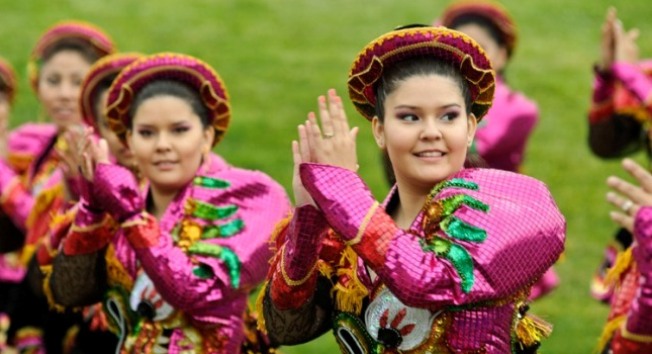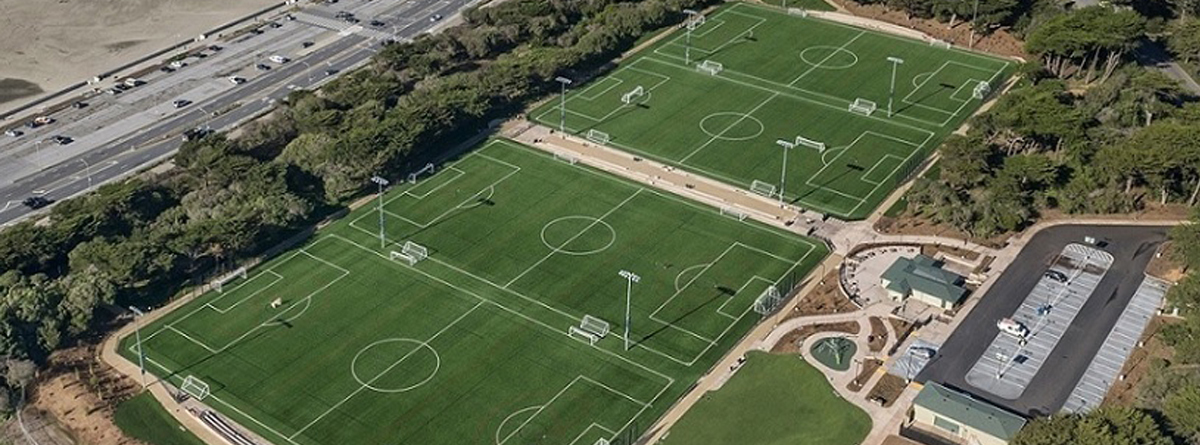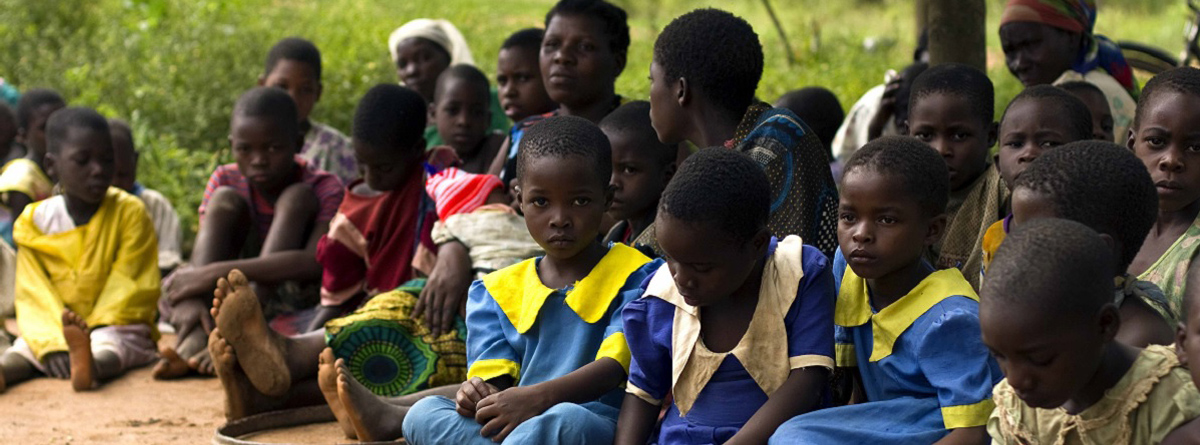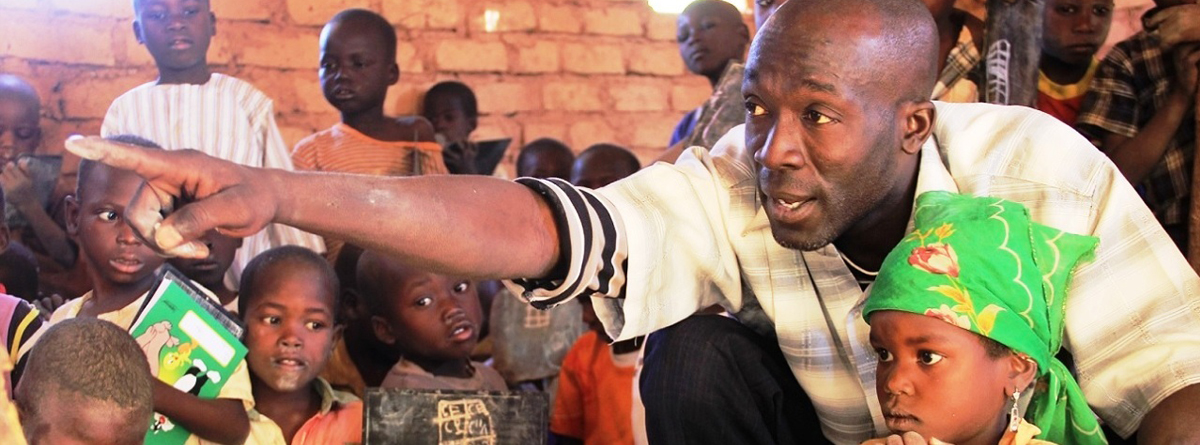<strong>The Diaspora World Cup dancers are back.</strong>


Actor Chiwetel Ejiofor: ‘I was told I’d never do well as an actor unless I changed my name’
<strong>The Diaspora World Cup dancers are back.</strong>
The league has made the Argentinian star the crux of its push for growth. But now that his season is over will neutral fans bother to watch?

<strong>The Diaspora World Cup dancers are back.</strong>

 Sign In
Sign In











